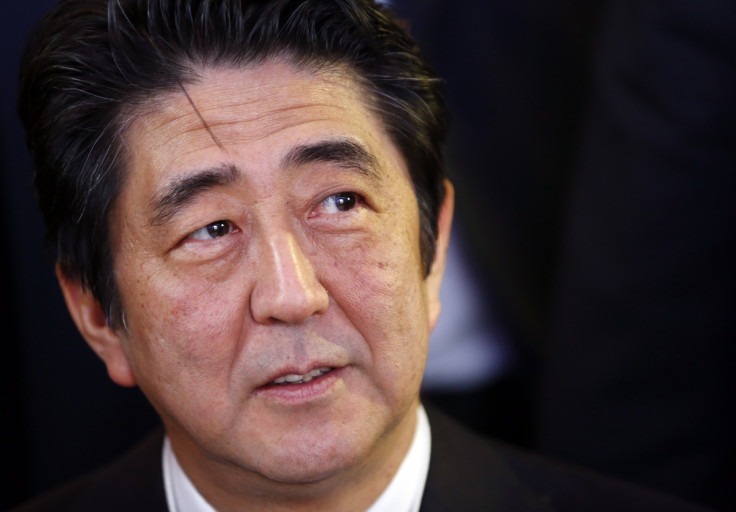Japan Opens up Arms Export Market for First Time in Fifty Years

Japan has opened up its arms export market for the first time in almost 50 years in an effort to strengthen its domestic defence industry.
Until now, the country had engaged in technology transfer to the US but never really let its defence sector develop on a global scale.
"This is beneficial for Japanese companies in that they can take part in joint development and joint production and have access to cutting-edge technology," Professor Heigo Sato from Takushoku University told Reuters.
"If you live in a closed market like the Japanese defence industry does, you clearly lag behind in technological development."
After World War II, Japan became a pacifist nation by demilitarising and mellowing down nationalistic education in its curriculum.
The country pledged not to wage war and adopted "principles" of not selling arms to communist regimes or those involved in conflicts. But by 1967 the self-imposed restrictions culminated in a full-fledged ban on arms exports.
Prime Minister Shinzo Abe has now eased the restrictions to limit the sales ban to conflict zones and comply with UN resolutions.
Kyodo reported that Japan is committed to pacifist goals and will use the exports to contribute to international peace and security.
China has responded to this new move with interest because the development may impact strategic equations in the region. The country was studying Japan's decision with "great attention", according to the Straits Times.
"We request that the Japanese side learn lessons from history, earnestly respond to regional countries' strong concerns about the relevant issue ... and do more to benefit the region's peaceful development," Chinese foreign ministry spokesman Hong Lei said at a press meeting.
Even after adoption of new export guidelines, Japan is expected to confine military production to patrol ships and mine detectors and does not intend to export tanks or fighter jets.
Japan's military spending had declined between 2001 and 2012 but last year the country hiked its defence budget.
However, Japan said that the newly-opened export sector will be subject to screening by the National Security Council, which will carefully weigh all the deals passing through it, and publish annual reports on authorised equipment.
"Under the new principles, we have made the procedure for transfer of defence equipment more transparent," Chief Cabinet Secretary Yoshihide Suga was quoted as saying by BBC.
"That will contribute to peace and international co-operation from the standpoint of proactive pacifism."
© Copyright IBTimes 2025. All rights reserved.



















